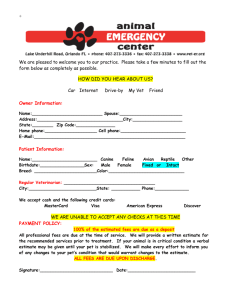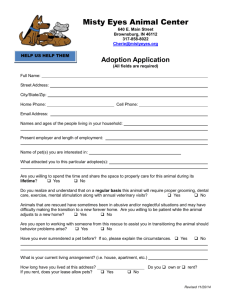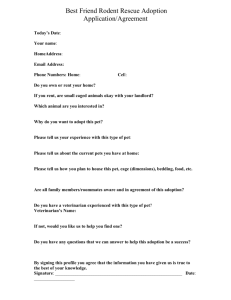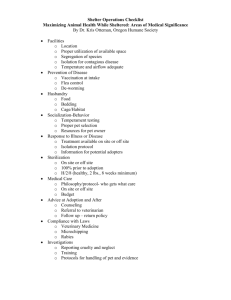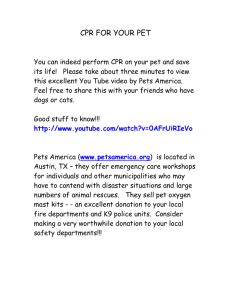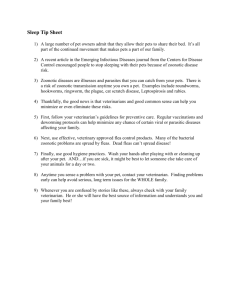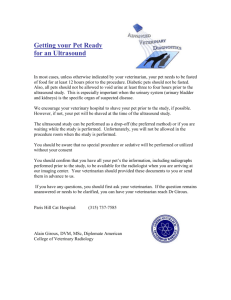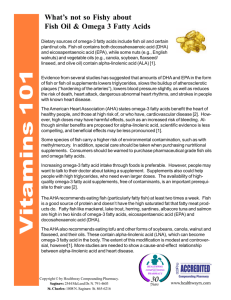Pet's Dry Skin
advertisement
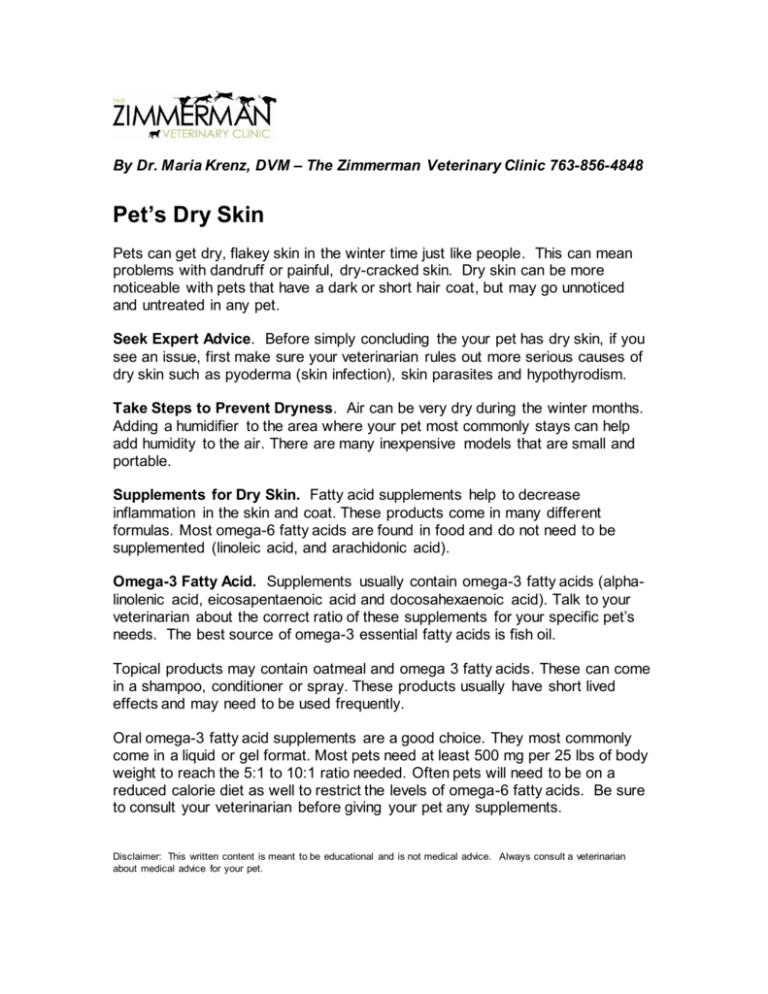
By Dr. Maria Krenz, DVM – The Zimmerman Veterinary Clinic 763-856-4848 Pet’s Dry Skin Pets can get dry, flakey skin in the winter time just like people. This can mean problems with dandruff or painful, dry-cracked skin. Dry skin can be more noticeable with pets that have a dark or short hair coat, but may go unnoticed and untreated in any pet. Seek Expert Advice. Before simply concluding the your pet has dry skin, if you see an issue, first make sure your veterinarian rules out more serious causes of dry skin such as pyoderma (skin infection), skin parasites and hypothyrodism. Take Steps to Prevent Dryness. Air can be very dry during the winter months. Adding a humidifier to the area where your pet most commonly stays can help add humidity to the air. There are many inexpensive models that are small and portable. Supplements for Dry Skin. Fatty acid supplements help to decrease inflammation in the skin and coat. These products come in many different formulas. Most omega-6 fatty acids are found in food and do not need to be supplemented (linoleic acid, and arachidonic acid). Omega-3 Fatty Acid. Supplements usually contain omega-3 fatty acids (alphalinolenic acid, eicosapentaenoic acid and docosahexaenoic acid). Talk to your veterinarian about the correct ratio of these supplements for your specific pet’s needs. The best source of omega-3 essential fatty acids is fish oil. Topical products may contain oatmeal and omega 3 fatty acids. These can come in a shampoo, conditioner or spray. These products usually have short lived effects and may need to be used frequently. Oral omega-3 fatty acid supplements are a good choice. They most commonly come in a liquid or gel format. Most pets need at least 500 mg per 25 lbs of body weight to reach the 5:1 to 10:1 ratio needed. Often pets will need to be on a reduced calorie diet as well to restrict the levels of omega-6 fatty acids. Be sure to consult your veterinarian before giving your pet any supplements. Disclaimer: This written content is meant to be educational and is not medical advice. Always consult a veterinarian about medical advice for your pet.
